Thanks to the knowledge and expertise at Solar Select we are able to set straight some of the most common solar myths and shed light on the reality behind them.
Myth #1: Solar Panels Are Only Effective in Sunny Climates
One of the most general myths about solar energy is that it only works well in regions with abundant sunshine. While it’s true that solar panels have optimum performance in sunny conditions, they can still generate electricity on cloudy days and even in colder climates.
Solar panels rely on daylight rather than direct sunlight, meaning they can produce energy even on overcast days. Additionally, advancements in solar technology have improved efficiency, allowing panels to capture and convert light into electricity more effectively than ever before.
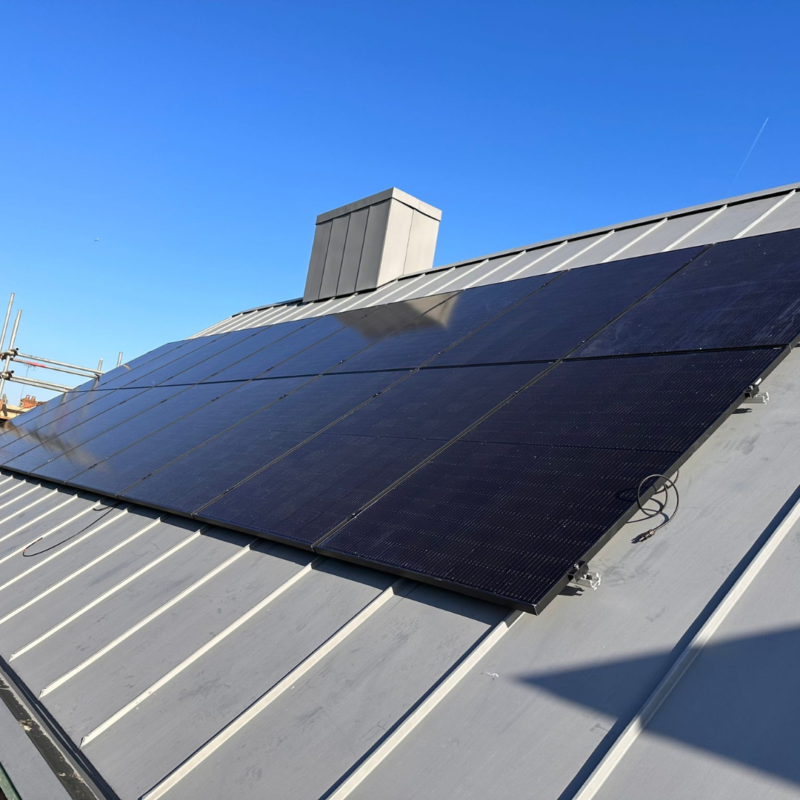
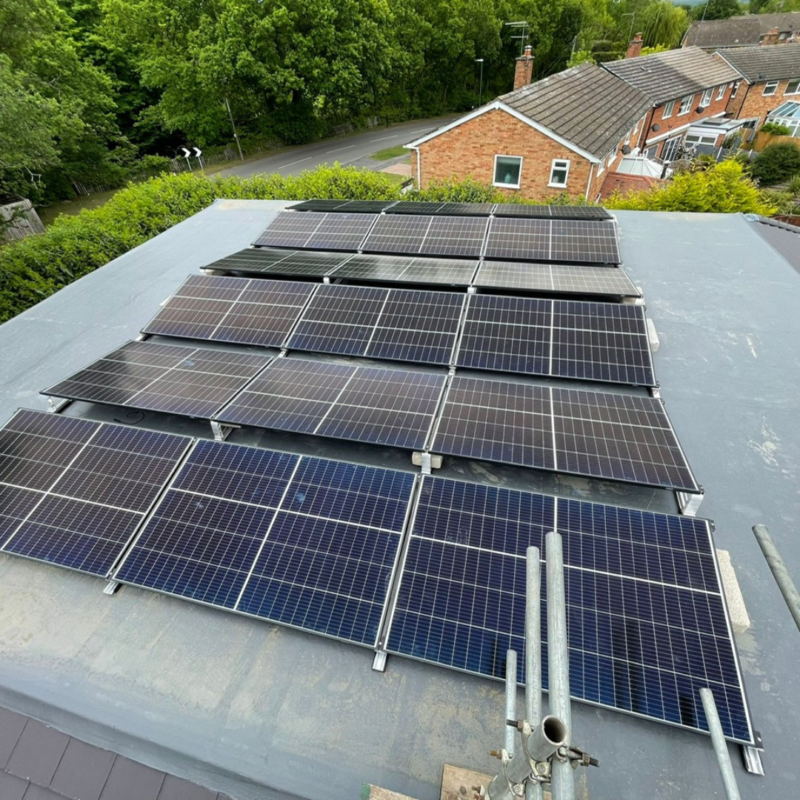
Myth #2: Solar Panels Are Too Expensive
Another common misconception is that solar panels are excessively expensive. While the initial cost of purchasing and installing solar panels may seem daunting, it’s essential to consider the long-term savings they offer.
With government incentives and financing options available (subject to criteria), solar power is more affordable than ever for homeowners and businesses alike. Furthermore, as the technology continues to advance, the cost of solar panels has steadily declined, making them a viable and cost-effective energy solution for many.
Myth #3: Solar Panels Require a Lot of Maintenance
Contrary to popular belief, solar panels are relatively low-maintenance compared to other energy systems. With no moving parts, solar panels require minimal upkeep beyond occasional cleaning to remove dust and debris.
Many modern solar installations come with monitoring systems that allow homeowners to track their energy production and identify any potential issues remotely. Additionally, maintenance contracts cover general maintenance and repairs, providing peace of mind to consumers.
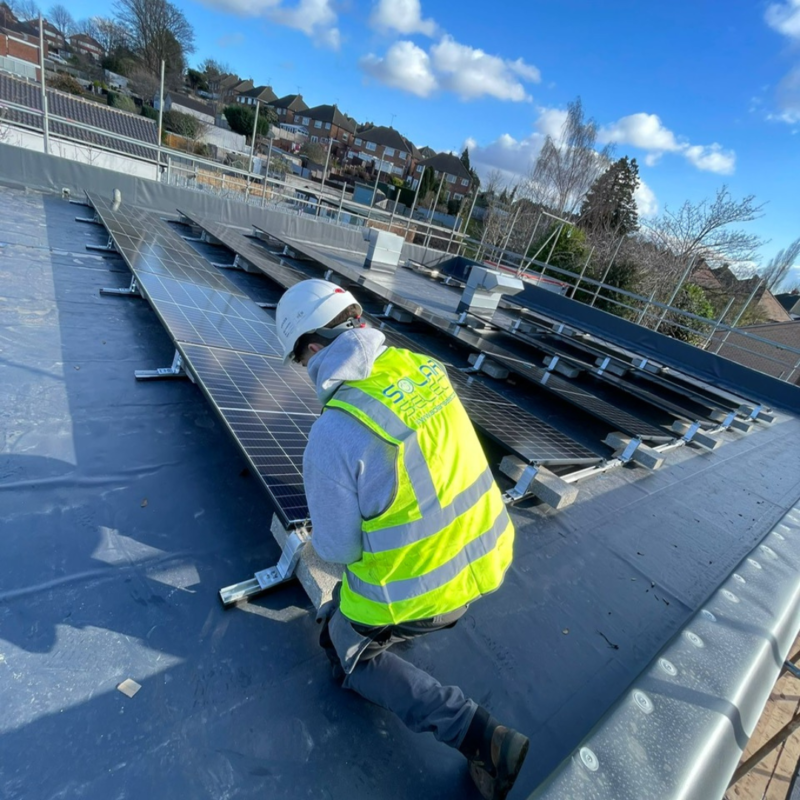
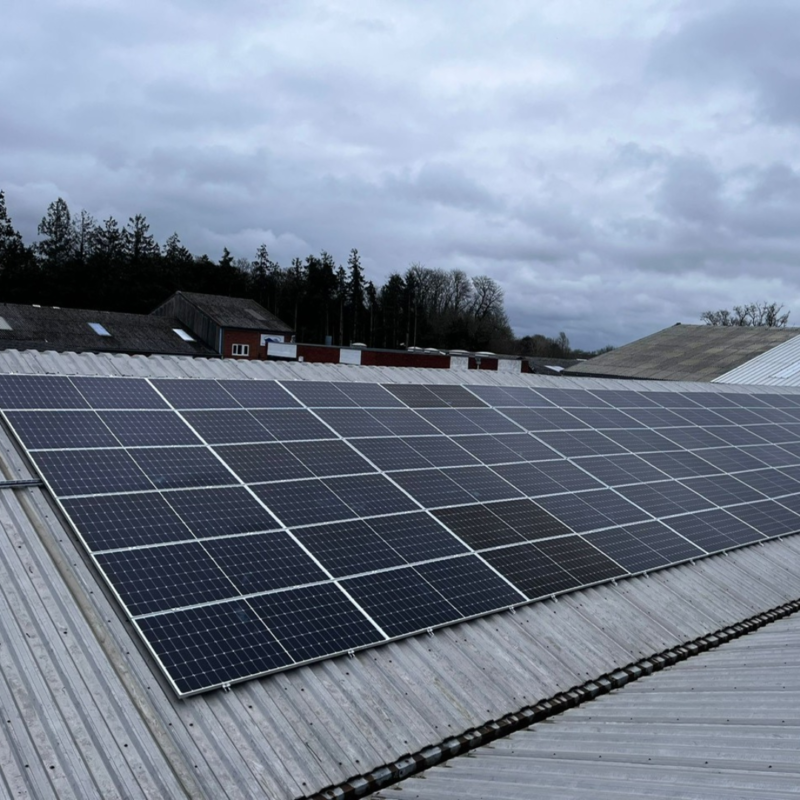
Myth #4: Solar Energy Is Unreliable
Some sceptics argue that solar energy is unreliable because it is dependent on weather conditions. While it’s true that solar energy production fluctuates based on factors like cloud cover and time of day, advancements in energy storage technology have mitigated this issue.
Battery storage systems allow excess energy generated during peak sunlight hours to be stored for use during periods of low sunlight or high energy demand. Additionally, many solar installations remain connected to the grid, allowing homeowners to draw power when needed and sell excess energy back to the utility company, further enhancing reliability.
Myth #5: Solar Panels Are Bad for the Environment
There is a misconception that the production and disposal of solar panels are harmful to the environment. While it’s true that manufacturing solar panels requires energy and resources, studies have shown that they quickly offset their carbon footprint through clean energy production.
Most solar panels have a lifespan of 25 years or more, during which they generate clean, renewable energy without producing greenhouse gas emissions. At the end of their lifespan, solar panels can be recycled, with many manufacturers offering take-back programmes to ensure responsible disposal.
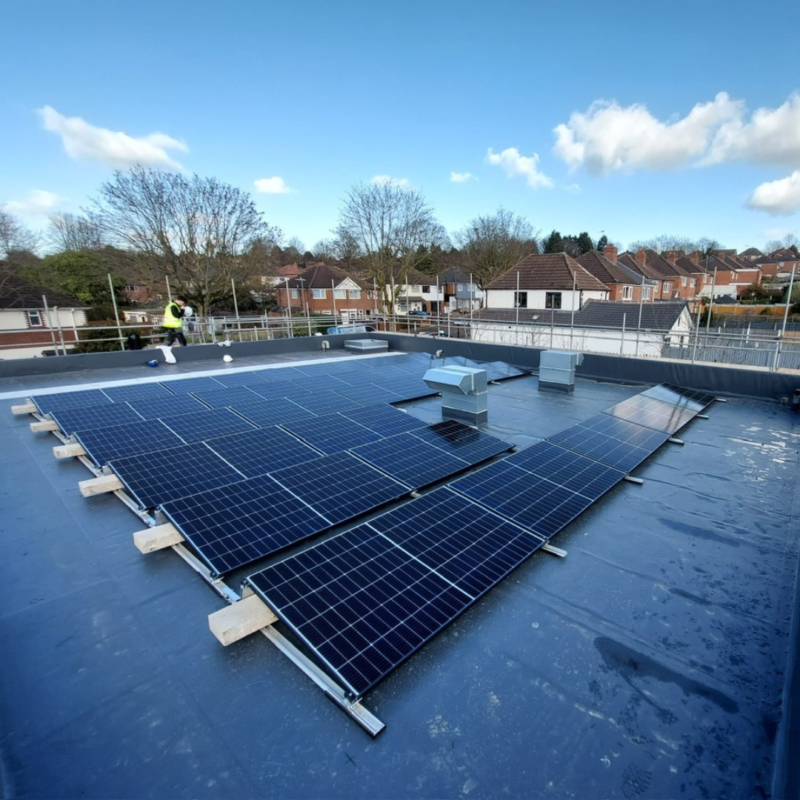
While solar energy may not be without its challenges, the myths surrounding its effectiveness and sustainability are largely unfounded. As technology continues to improve and economies of scale drive down costs, solar power is poised to play a significant role in our transition to a more sustainable energy future.
Are you ready to make the switch to solar? Or do you have more questions that you’d like answered? Contact Solar Select today to learn more about how you can harness the power of the sun for your home or business >>> [email protected]


Ready to take control of your energy future with solar power?